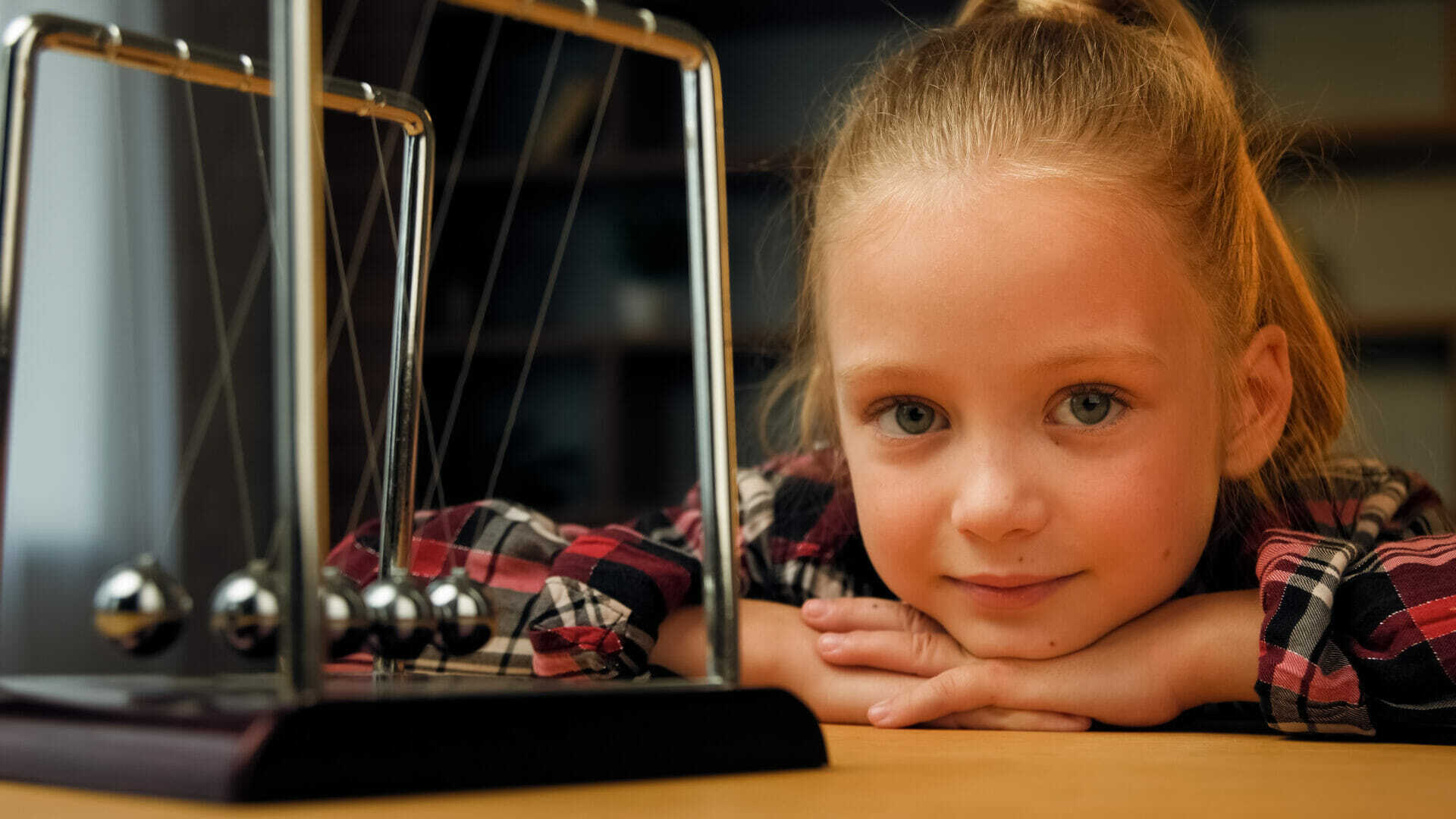When working with children and adolescents who are learning to manage their emotions, I often emphasize on Children and Hypnosis, the connection between child’s thoughts and feelings. This idea is not new; it was recognized over 2,500 years ago by the Buddha, who said, “What you think you become” and “We are what we think.”
We guide young individuals towards altering their thought processes to enhance their emotions and functioning. After equipping them with foundational techniques like deep breathing, exercise, and even self-calming through hypnosis, they begin to feel a greater sense of internal control. This paves the way for discussing the power of reshaping thought patterns in their minds.
I firmly believe that changing the way we think has a profound impact on different brain functions. Often, we find ourselves stuck in habitual thought patterns that consistently lead to negative feelings like anger, anxiety, or sadness. By shifting our thoughts, we can create new, healthier patterns that positively influence our emotional well-being.
I’ve seen the transformation of thought patterns using hypnosis.
– Master Saghafi of Master Mind advanced Hypnosis
- Managing Irritability: People often feel anger when they perceive mistreatment or when things don’t go their way. This anger arises from focusing on the perceived injustice. By changing perspective, the anger can fade. For instance, I worked with a 15-year-old named “Susan” who was upset with her parents for limiting her social media use. As we discussed her parents’ intentions, Sarah realized they were concerned about her well-being. She shifted her thinking from frustration to problem-solving, acknowledging her parents as allies. This change eased family tensions and promoted cooperation.Addressing Anxiety: Anxiety often stems from worrying about future events. I’ve helped adolescents like “Susan” recognize that dwelling on potential scenarios fuels their anxiety. By emphasizing living in the present and trusting their abilities, they can ease anxiety. I guided Susan to concentrate on studying well and embracing her strengths rather than fixating on college admissions or friends’ opinions. Restructuring her thoughts empowered her to actively shape her life. Dealing with Sadness: When dealing with loss, thoughts significantly impact the grieving process. An 11-year-old named “Jeffery” felt despondent after losing both parents. Through guided hypnosis, he connected with his mother’s memory, leading him to forgive her and envision a future with support from extended family. Altering his perspective, moved Jeffery towards healing and gratitude.In essence, our emotional responses are not solely dictated by circumstances; changing thought patterns can profoundly influence our feelings. I believe, that while we can’t control life’s events, we hold paramount control over how we respond to them. This lesson resonates deeply in hypnosis as we empower young individuals to harness the transformative potential of their thoughts.







